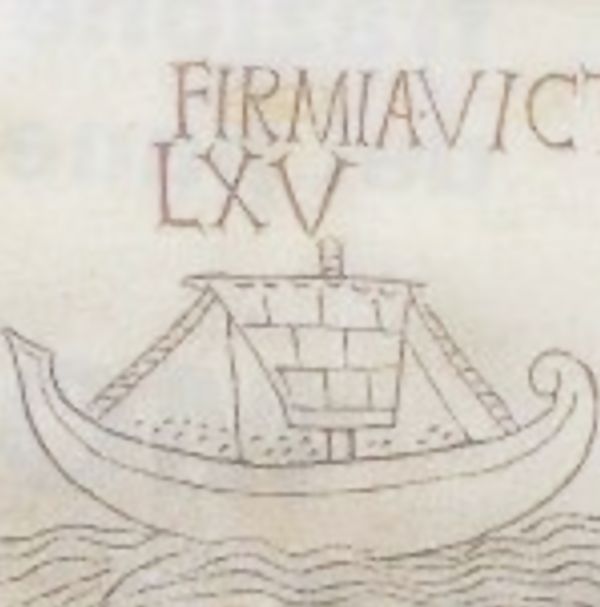After praying, Jesus receives a request from the disciples to teach them how to pray.
Thus he gives them the 'Our Father'.
If we look in the Franciscan Sources we realise how important prayer was for the little Poor Man.
Francis, the Herald of the Great King, was no longer so much a man who prayed as a creature made prayer.
And just as the disciples, when they saw Jesus praying, asked him to teach them to pray, so the friars who had the good fortune to see Francis immersed in prayer, asked him to teach them.
"When, then, the brothers asked him to teach them to pray, he said: When you pray, say:
«Our Father» and «We adore you, O Christ, in all your churches which are in the whole world, and we bless you, because through your holy cross you have redeemed the world» (FF 1068).
"Moreover, he taught them to praise God in all creatures and [...] to confess frankly the truth of the faith" (FF 1069).
And in his writings (specifically, the Paraphrase of the "Our Father"):
«O most holy Our Father: creator, redeemer, consoler and our Saviour. Who art in heaven: in the angels and in the saints, enlightening them to knowledge, because thou, Lord, art light: enkindling them to love, because thou, Lord, art love; making thy dwelling in them and filling them with bliss, because thou, Lord, art the supreme good, eternal, from whom all good comes and without whom no good exists» (FF 266- 267).
He recommended to his brothers not to neglect prayer. Indeed:
"Above all else," he firmly asserted, "the religious must desire the grace of prayer" and he urged his brothers in every possible way to practise it zealously, convinced that no one makes progress in the service of God without it.
Walking and sitting, at home and away, working and resting, he was so intent on prayer that he seemed to have devoted every part of himself to it, not only his heart and body but also his activity and time" (FF 1176).
«When you pray, say:
Father, hallowed be thy name,
thy kingdom come» (Lk 11:2)
Wednesday of the 27th wk in O.T. (Lk 11,1-4)












